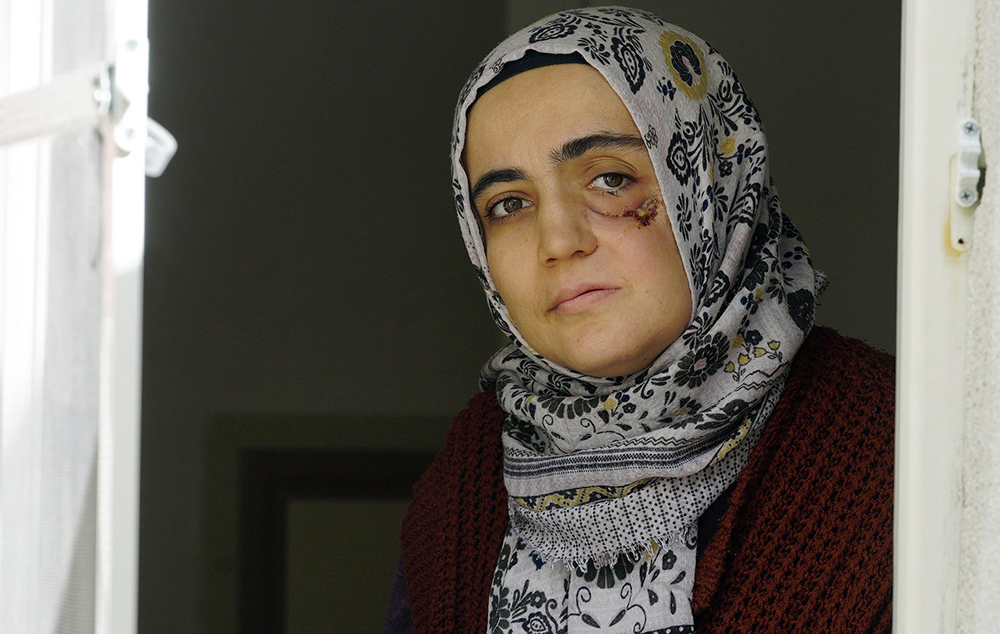Critically ill Ayşe Özdoğan, 34, who suffers from a rare form of cancer, remains in prison despite a health report from Akdeniz University Hospital in Antalya saying she was not fit to stay in prison, the Stockholm Center for Freedom reported.
According to Ömer Faruk Gergerlioğlu, a deputy from the Peoples’ Democratic Party (HDP), Özdoğan should await a final decision from the İstanbul Council of Forensic Medicine for her release.
In a controversial decision, the council stated on October 1 that Özdoğan was fit to remain in prison and that there was no sign of metastasis of the cancer in her body.
Özdoğan, 34, a former teacher, was handed down a nine-year, four-month sentence for alleged links to the Gülen movement. An appeals court on June 11 upheld her sentence despite severe health problems.
Ayşe Özdoğan hakkında iyi gelişme!
Antalya Tıp Fakültesi Adli Tıp bölümü 2. kez"Cezaevinde kalamaz"raporu verdi.
Artık son karar için top İstanbul @ADLITIPKURUMU da!
Bu kez siyasi değil,tıbbi karar vermeli
Hasta kadın çok çekti,artık bilimin dediği yapılmalı@adalet_bakanlik
— Ömer Faruk Gergerlioğlu (@gergerliogluof) November 10, 2021
Özdoğan was sent to prison on October 2 in the western province of Denizli after authorities refused to postpone the execution of her sentence, in a move that has drawn criticism from human rights activists, doctors, opposition politicians, journalists and social media users.
Her sister Emine Erdem has been campaigning on Twitter for the release of her sister. Özdoğan’simprisonment was condemned by rights groups and opposition lawmakers.
Özdoğan and her husband were detained on April 8, 2019 for alleged links to the movement, but she was released due to her son’s heart condition. Her husband was sent to prison in southern Antalya province.
Özdoğan developed cancer seven months later and underwent an operation on November 12, 2019. However, she was arrested shortly thereafter, convicted and sentenced.
When she was released pending appeal on December 27, 2019, it was already too late for her second surgery, however, as the cancer had spread.
Turkish President Recep Tayyip Erdoğan has been targeting followers of the Gülen movement since the corruption investigations of December 17-25, 2013, which implicated then-prime minister Erdoğan, his family members and his inner circle.
Dismissing the investigations as a Gülenist coup and conspiracy against his government, Erdoğan designated the movement as a terrorist organization and began to target its members. Erdoğan intensified the crackdown on the movement following a coup attempt on July 15, 2016, that he accused Gülen of masterminding. Gülen and the movement strongly deny involvement in the abortive putsch or any terrorist activity.

